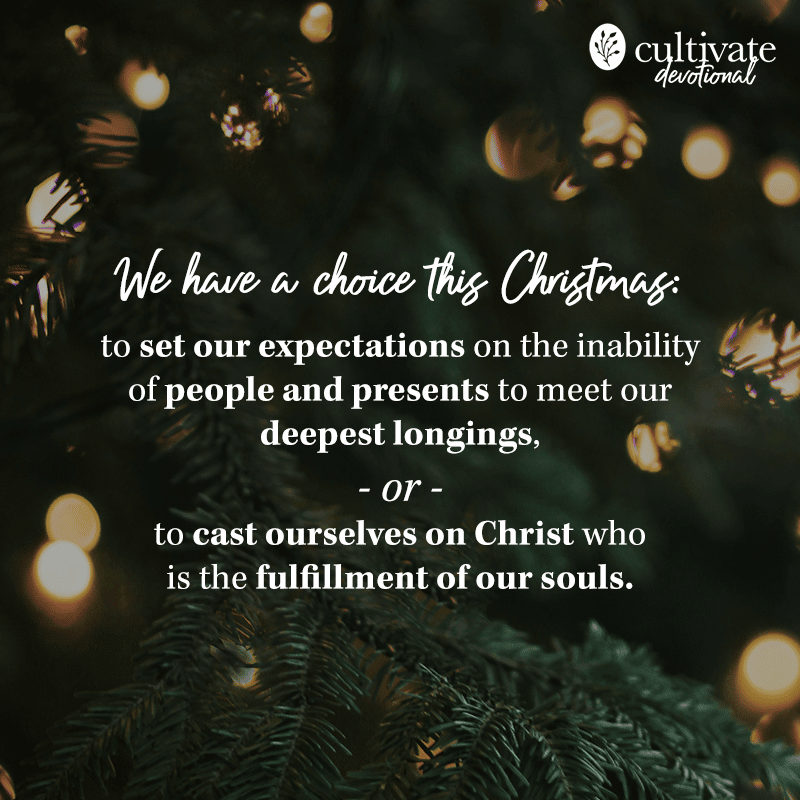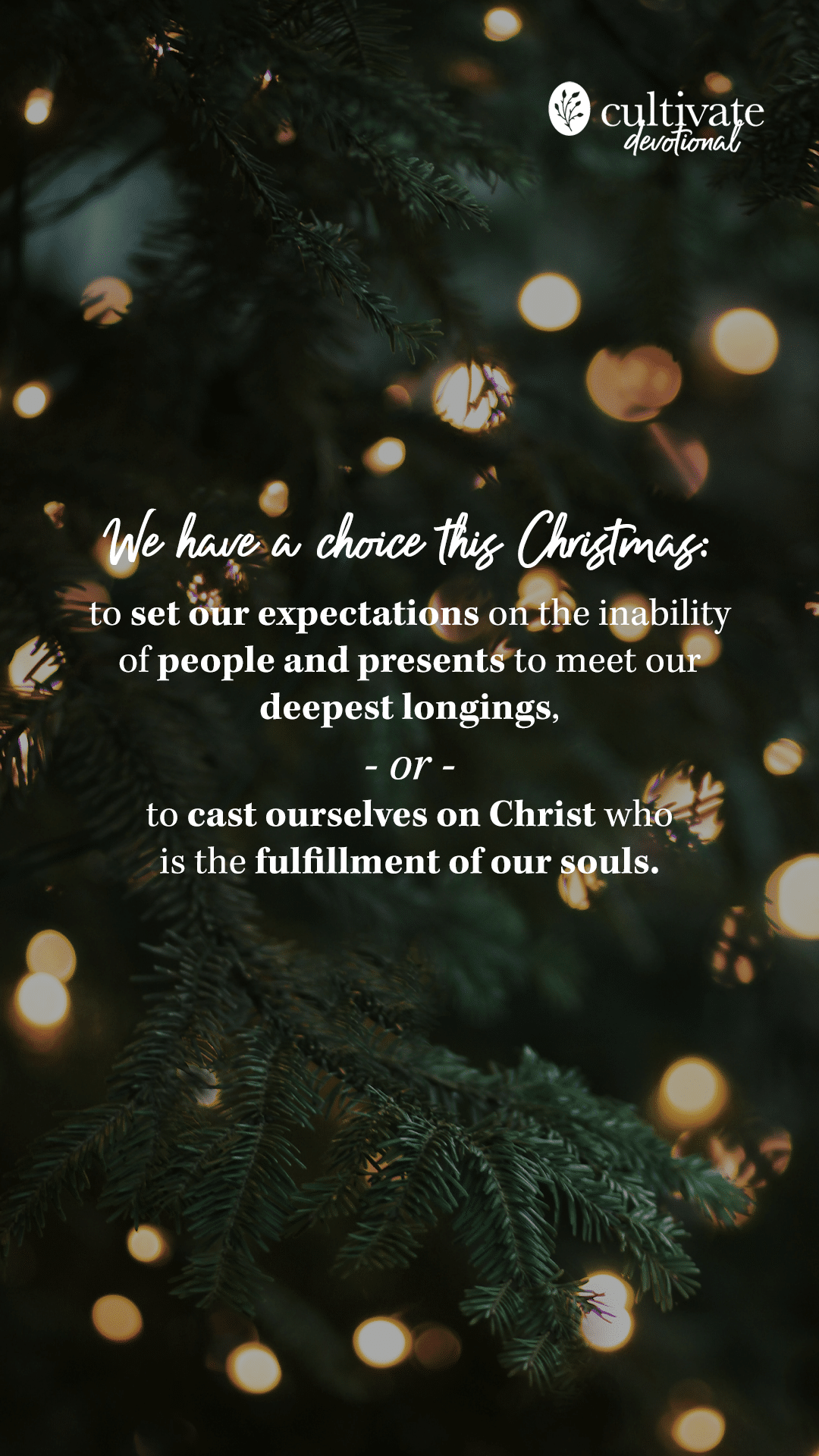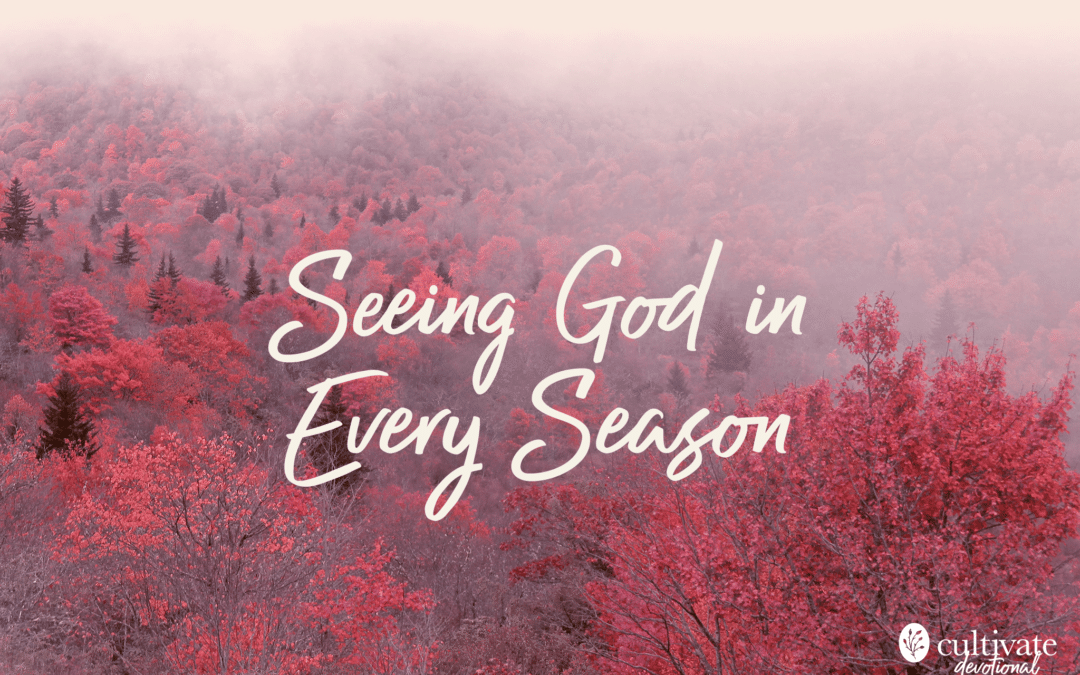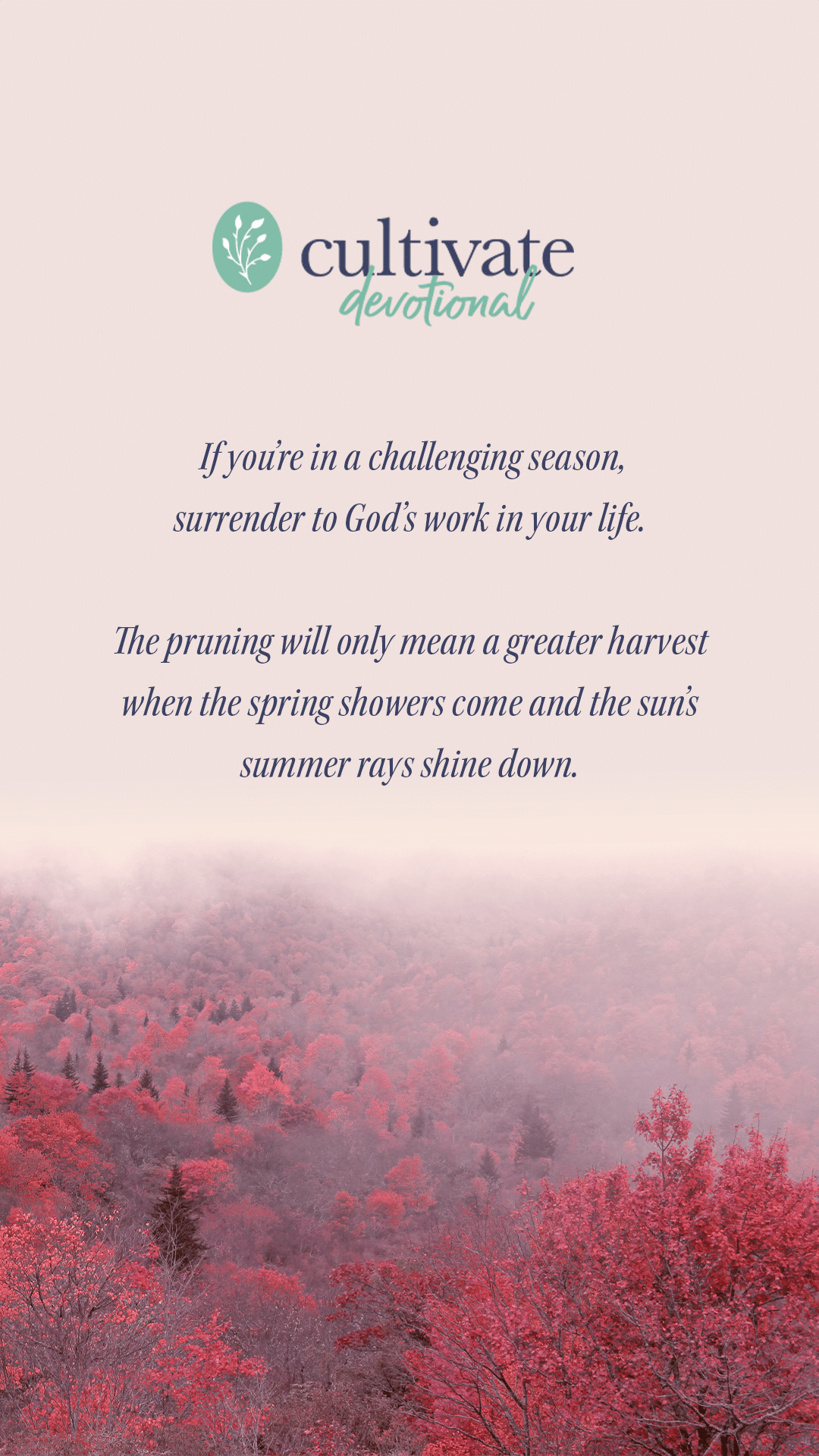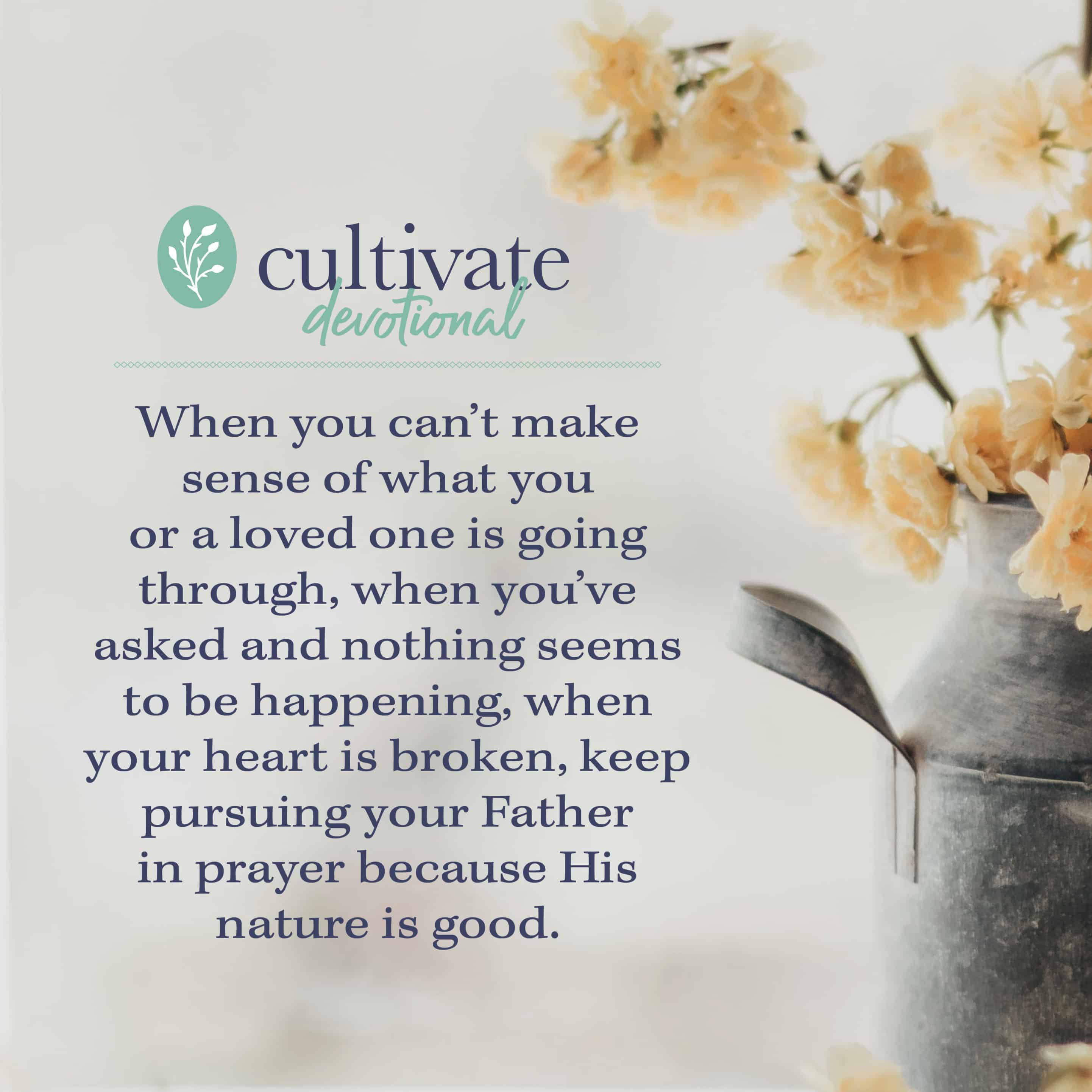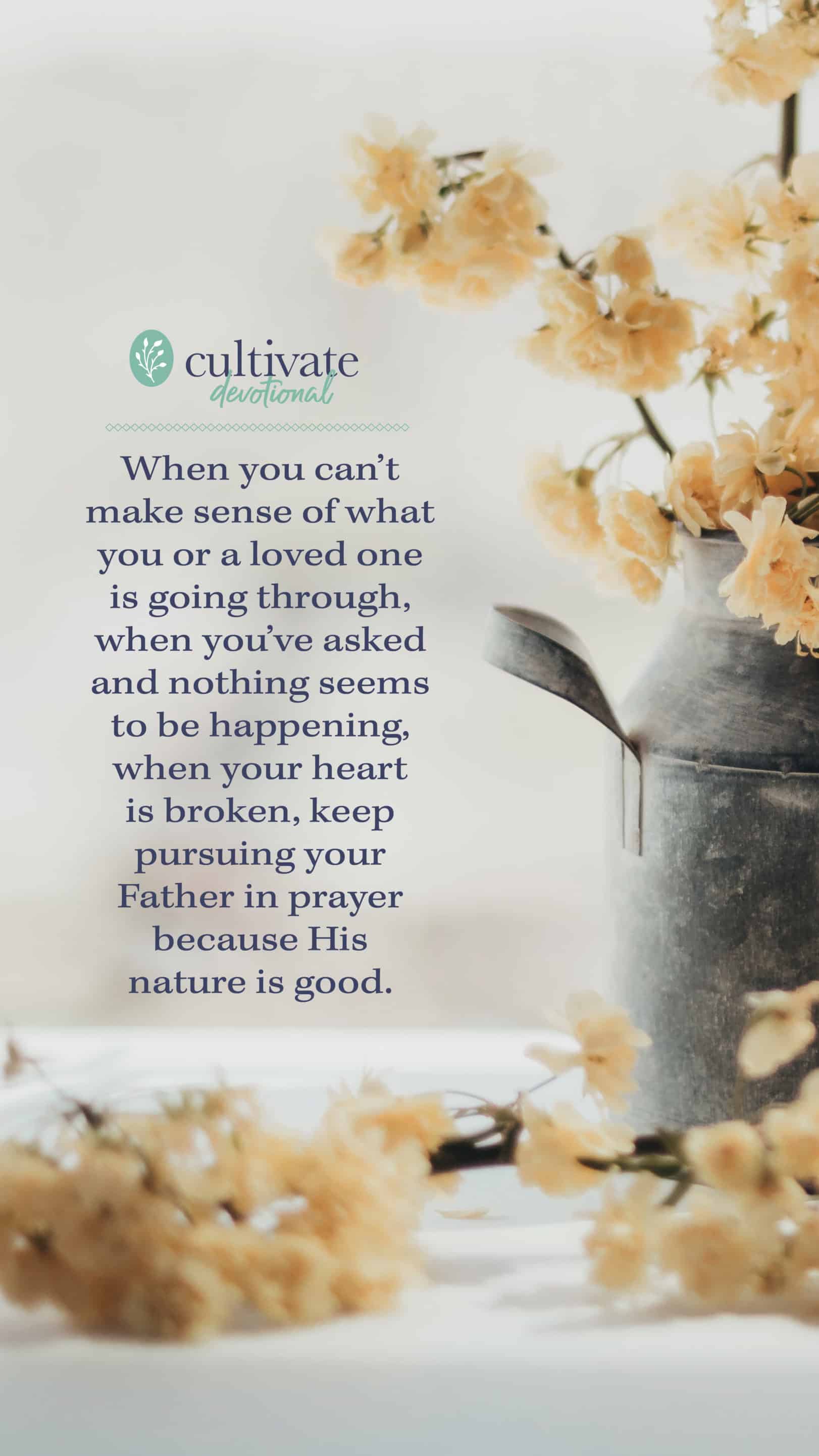When you don't make the list—whatever "the list" is—it can be hard on your heart. The bittersweet result of not being picked, while painful, can also reveal hidden pride or an oversight of contentment that comes from doing what the Lord has called you too. The people...

What Will You Receive This Year?
Happy New Year, friends. If you’re anything like me, every last Christmas tree needle has been swept from the house, the gnarls of Christmas lights are tucked away in boxes, and you just found a stray ornament, one that will possibly sit on your dresser until next year because you’re just not walking that thing down into your unfinished basement when it’s six degrees outside. Or maybe no one is like me. At any rate, here we sit at the beginning of a new year. A fresh slate, prime for dreams and ambitions to be etched into its stone. Another chance to strive for what might not have been accomplished last year. A new beginning.
As I sit atop the New Year, I will tell you something. I am less about dreams and ambitions this year and more about listening and receiving from Jesus. My personality hasn’t gone through a sudden transformation, nor have I finally figured out a newfound secret to this journey we call the Christian life. It’s more that the Lord has stopped me in a sense. Oh, yes, I am still doing all the things I feel very much called to–teaching, writing, studying, investing in family and friends and my local church, but how I go about these things is somewhat in question for me for a few reasons.
For starters, and maybe you can identify, a few of the doors I’ve tried to jar open aren’t budging, while some other ones I’d never considered before, appear wide open but I’m not sure how to walk through them. I don’t mean to be vague, except I’m trying to make sense of it all myself, and maybe you’re in a similar position. Maybe I can best frame it the way the Gospel writer Luke did.
Do you remember the story in Luke 10:38-42 where Jesus comes to Mary and Martha’s house for a meal? I talk about it in my latest podcast episode. Martha is frustrated because she’s “serving alone.” The person closest to her isn’t doing for her what she is sure needs to be done, and she’s distracted by many necessary tasks (anyone?). Jesus goes further when He describes Martha as worried and upset about many things. Meanwhile, Mary is taking the position of a disciple. She’s sitting at Jesus’s feet and listening to what He says—a once in a lifetime moment for her. She’s not so concerned about what she can serve Jesus in this moment but rather what He can serve her. The good portion, or the right part, as some translations read, is what Mary has chosen, and Jesus says, “It can never be taken from her.”
I believe Jesus was inviting Martha to come sit alongside Mary, not because what Martha was doing didn’t matter, but because He was offering her something better. To listen. To receive. Oh, yes, we all have much serving and many things we need to do this year. And that is not wrong. As Christ-followers we are called to reach out, invite in, love others in tangible ways. But we’re also called to sit. To commune with Christ. To partake of the Bread of Life. To let Him fill us up. And that is what I want to do more of this year. And this is what I hope you will choose this year.
One of the primary ways we sit at Jesus’s feet and listen to Him is through Bible study*, prayer, and our fellowship with others. If you haven’t decided on a Bible study at the top of this year, I hope you will choose one today. Or maybe you’ll start a read-through-the-Bible-in-a-year plan. There are many free ones to choose from. One wonderful place to start is seeing what your local church has to offer in the way of studies. Just know I’m cheering you on in 2023 as you look to not only see what you can do for Jesus, but as you first invest in quality time with Him. That which can never be taken away!
*If I can be of any help to your Bible study journey, you can find all the studies I’ve written here. I’m also thrilled that on February 7th, I’ll be releasing my first devotional called: The Blessed Life: A 90-Day Journey Through the Teachings and Miracles Of Jesus. Every day for 90 days, we’ll walk through Jesus’s Sermon on the Mount as well as 10 of His most notable miracles and healings.
*Download the graphics below to share on your socials. Don’t forget to tag @kelly_minter on Instagram and @KellyMinterAuthor on Facebook! Click the button below to open in a new tab, then right-click on the image to download.
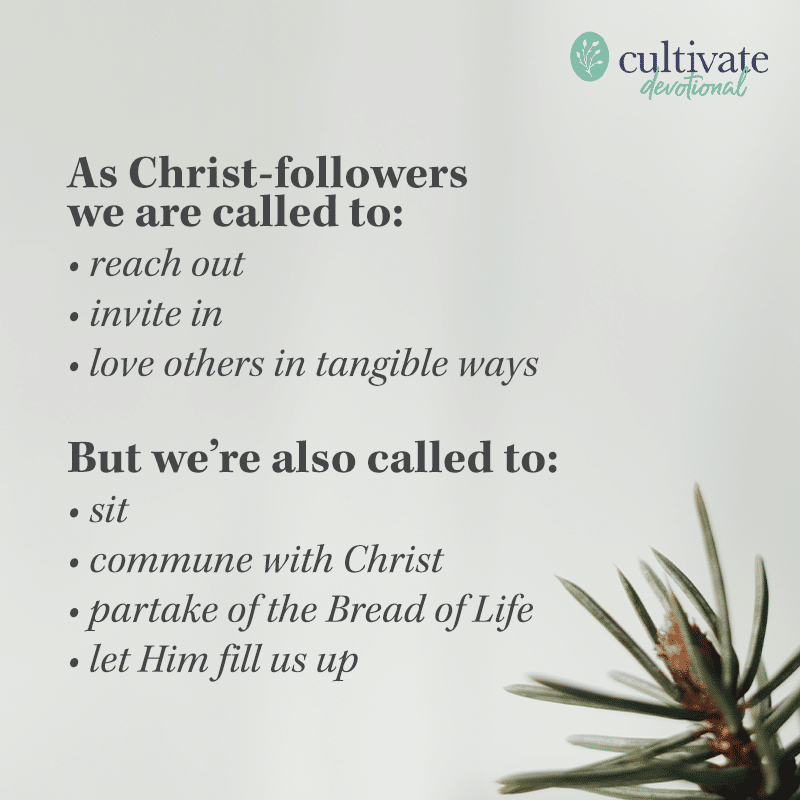
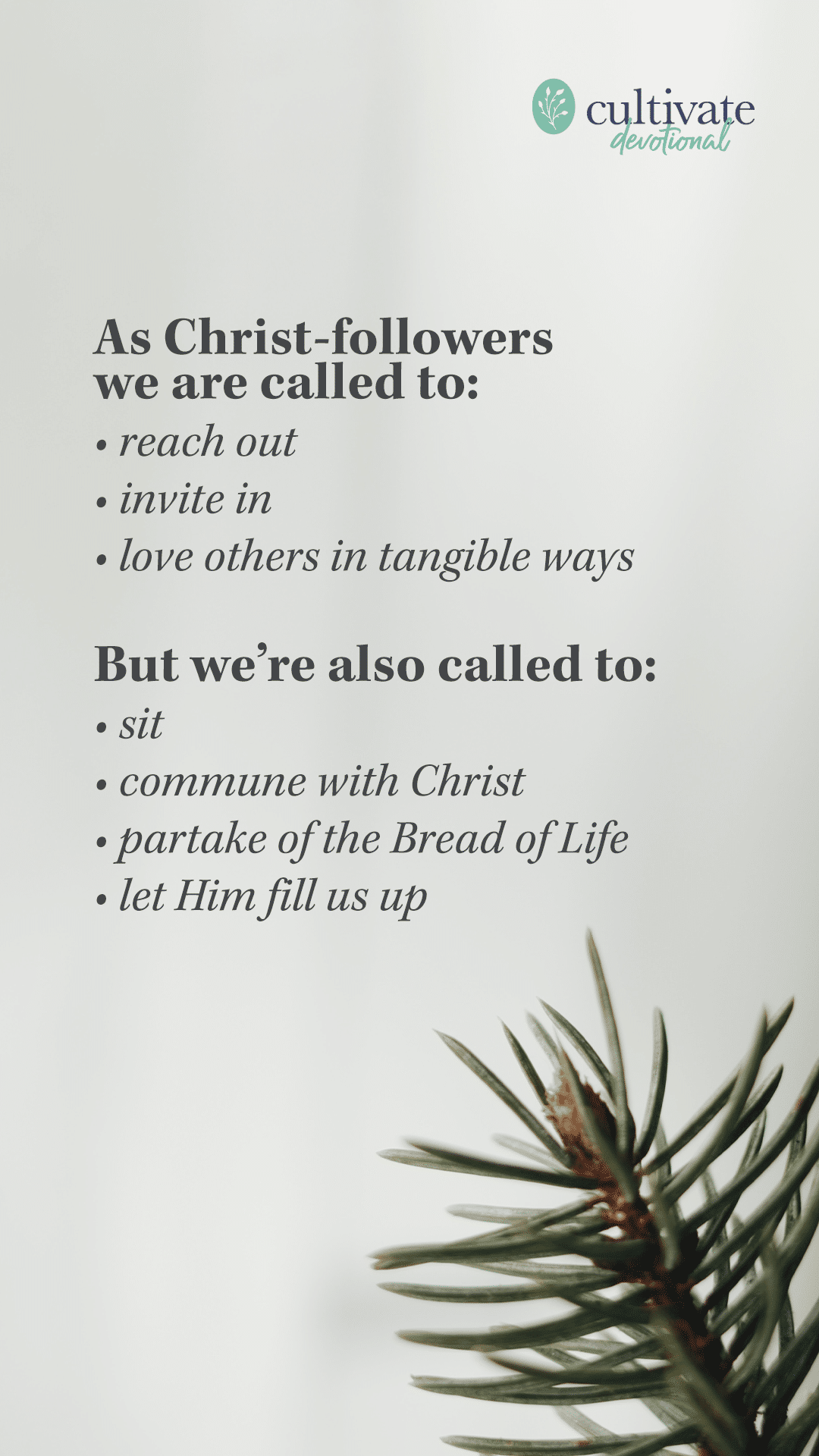

When You Don’t Make the List

When God Doesn’t Open A Door
When stepping out in faith, I’m the person who’s looking for the open door. I want the specific answer, the “thus sayeth the Lord” moment, the talking donkey. I want to know my step of faith is grounded in the Lord’s direction. The “open door” tends to be one of the things I look for. But is that always the right criteria?

Easter Post: Jesus, The Perfecter of Our Faith
Not only is Jesus the Source of our faith, but He’s also the Perfecter of it. Maybe it’s just where I’m at in life right now—a little low, a bit tired, disappointed in some areas, hurt in others—that makes me want to shout from my couch “praise Him!” I’m relieved to know that the perfection of my faith doesn’t rest with me but with Him.

Jesus, Our Intercessor
Right now, you may need an intercessor to go between you and your parents, your boss, your spouse, your professor, the judge, the president. But you also need an intercessor all the way to the very top—all the way to God. There’s simply no intercessor more important in heaven or on earth than the One who can stand on your behalf before God. The author of Hebrews tells us that His name is Jesus.

Jesus, Our Brother
Shame is nothing new, but in recent years it’s stolen the spotlight. Shame is everywhere you turn. We carry around shame because we don’t feel like we measure up, because of past abuse, wounding words spoken over us, rejection from someone we loved or looked up to. We also bear it as a result of our own doing—the actions we’ve taken, or didn’t take, that have caused us shame are more than we can bear.

Lent Devotion: Jesus, Our Brother
Every week leading up to Easter, I'm sending out devotions on the Person of Jesus. If you'd like to receive the rest of these devotions in your inbox, you can sign up here. Key Verses Hebrews 2:10-18 “For in bringing many sons and daughters to glory, it was entirely...

The Beautiful Irony of Fasting – Lent Devotion
A couple of years ago, I did the Daniel Fast by Susan Gregory. I drank only water and ate essentially lettuce and rice for 30 days. (I checked the rules and coffee didn’t count as water, so I almost died.) During that fast, I needed some direction and had pressing aches in my life that I wanted the Lord to address and fix. But during that time, I sensed Jesus saying, “Don’t seek the fix; seek My face.”

Waking Up To An Incoming Ballistic Missile Alert
I had just woken up when the following alert came across my phone: “BALLISTIC MISSILE THREAT INBOUND TO HAWAII. SEEK IMMEDIATE SHELTER. THIS IS NOT A DRILL.” It’s amazing what mental gymnastics one goes through when a message like this comes through. I processed the...

A Newer You in the New Year
Happy New Year, friends. If you’re anything like me, every last Christmas tree needle has been swept from the house, the gnarls of Christmas lights are tucked away in boxes, and you just found a stray ornament that didn’t make it into those boxes—one that will...

Praying for God’s Way to be Our Way
It’s funny how a single word in Scripture can tip the scales with the weight of a boulder, even a word as seemingly insignificant as a pronoun. Especially when you need it. The other morning I came across a familiar plea of the Psalmist’s, “Lead me in your...


